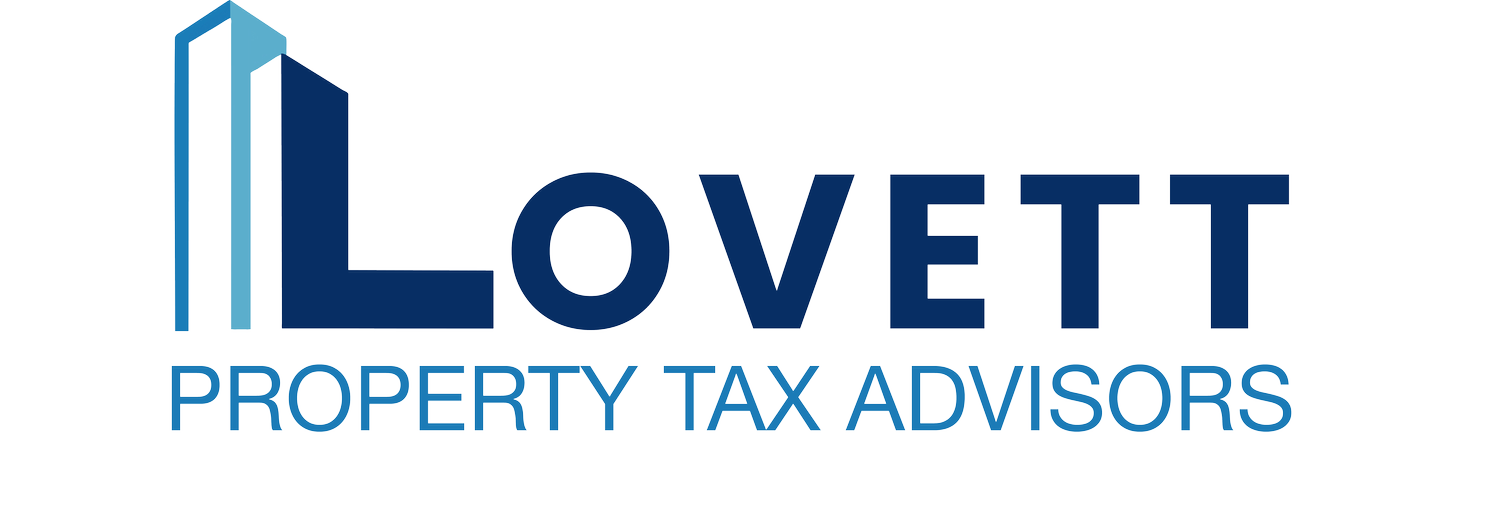Unlocking the True Value of Restricted Rent Properties: The Florida Income Approach
Introduction:
In the real estate market, restricted rent properties often present unique challenges for investors and appraisers alike. These properties, typically subject to government regulations or affordability restrictions, require a specialized approach to accurately determine their true value. This blog post explores the Florida Income Approach—a comprehensive method that leverages income potential, market analysis, and regulatory considerations to unlock the true value of restricted rent properties. By understanding this approach, investors can make informed decisions and maximize their returns within the boundaries of such properties.
Understanding Restricted Rent Properties
Restricted rent properties are characterized by certain limitations imposed on the rental rates that can be charged. These restrictions are usually designed to ensure affordable housing options for lower-income households or to maintain a specific demographic mix in a particular area. Common examples include properties subject to rent control ordinances, properties with income-restricted units, or those participating in affordable housing programs.
Challenges Faced by Investors and Appraisers
Determining the value of restricted rent properties can be challenging due to the presence of income restrictions, regulatory compliance, and market dynamics. Investors and appraisers need to consider factors such as rental income potential, market demand, resale restrictions, tenant eligibility criteria, and legal obligations imposed by relevant authorities. Ignoring any of these crucial aspects can lead to inaccurately appraised values, potentially resulting in financial loss or missed opportunities.
The Florida Income Approach: A Holistic Methodology
The Florida Income Approach is a comprehensive methodology that combines a thorough analysis of income potential, market conditions, and regulatory considerations to determine the true value of restricted rent properties. Here are the key components of this approach:
1. Income Potential Analysis: This step involves assessing the rental income potential of the property by considering factors such as current rental rates, occupancy levels, historical data, and potential adjustments due to regulatory limitations. An accurate evaluation of income potential helps in establishing a solid foundation for the appraisal process.
2. Market Analysis: A comprehensive understanding of the local real estate market is crucial for determining the value of restricted rent properties. Market analysis involves evaluating factors such as property demand, comparable sales, market rents, and demographic trends. By comparing similar properties and considering market conditions, appraisers can provide a more accurate valuation.
3. Regulatory Considerations: Given the nature of restricted rent properties, it is essential to consider the relevant regulations and restrictions governing the property. This includes understanding rent control ordinances, income qualification requirements, resale restrictions, and compliance with affordable housing programs. Compliance with these regulations not only protects the investor's interests but also ensures a fair appraisal.
4. Collaboration with Experts: Appraisers should work closely with legal experts, housing agencies, and industry professionals who specialize in restricted rent properties. Collaboration ensures that all legal and regulatory aspects are adequately addressed, minimizing the risk of errors and omissions in the appraisal process.
Conclusion
Unlocking the true value of restricted rent properties is a complex task that requires a specialized approach. The Florida Income Approach offers a holistic methodology to accurately determine the value of these properties by considering income potential, market analysis, and regulatory considerations. By adopting this approach, investors and appraisers can make informed decisions and maximize the value of their investments within the confines of restricted rent properties.


